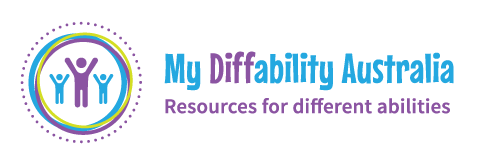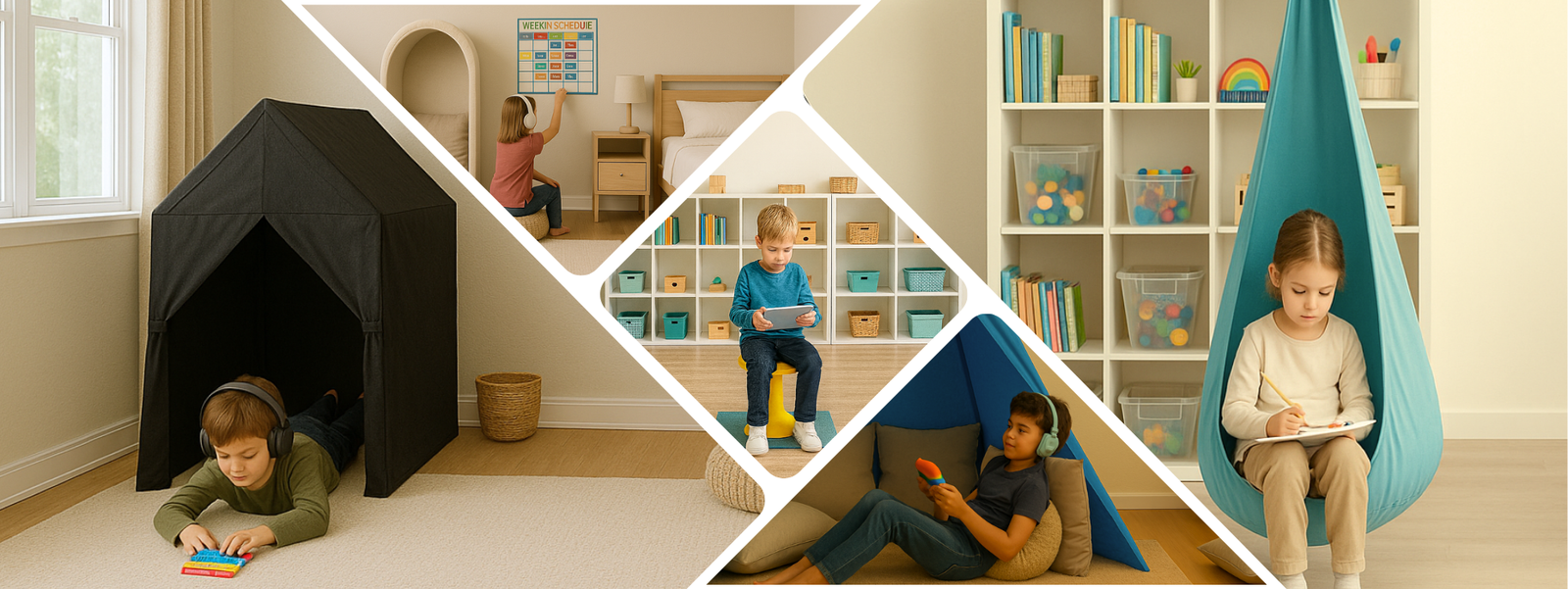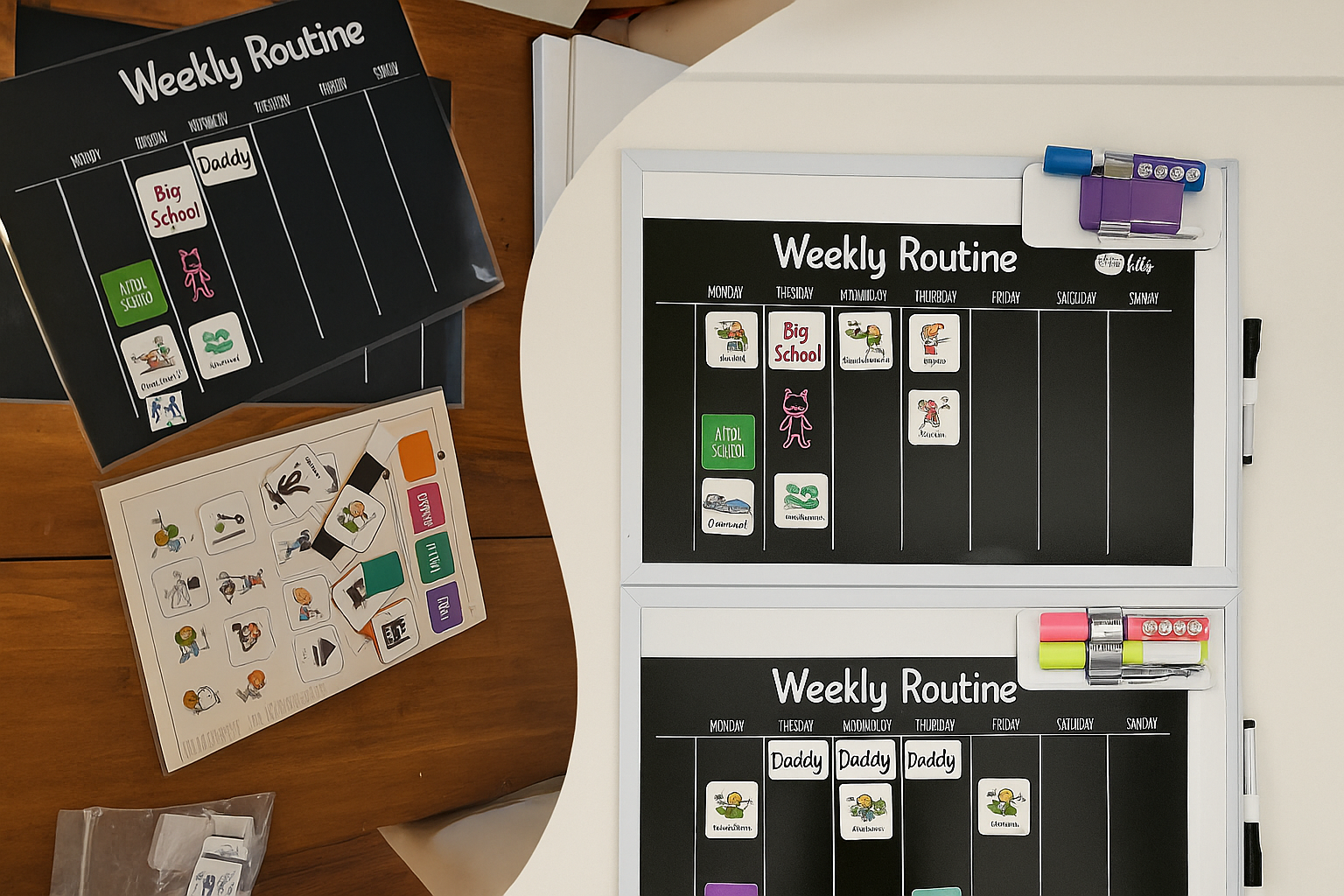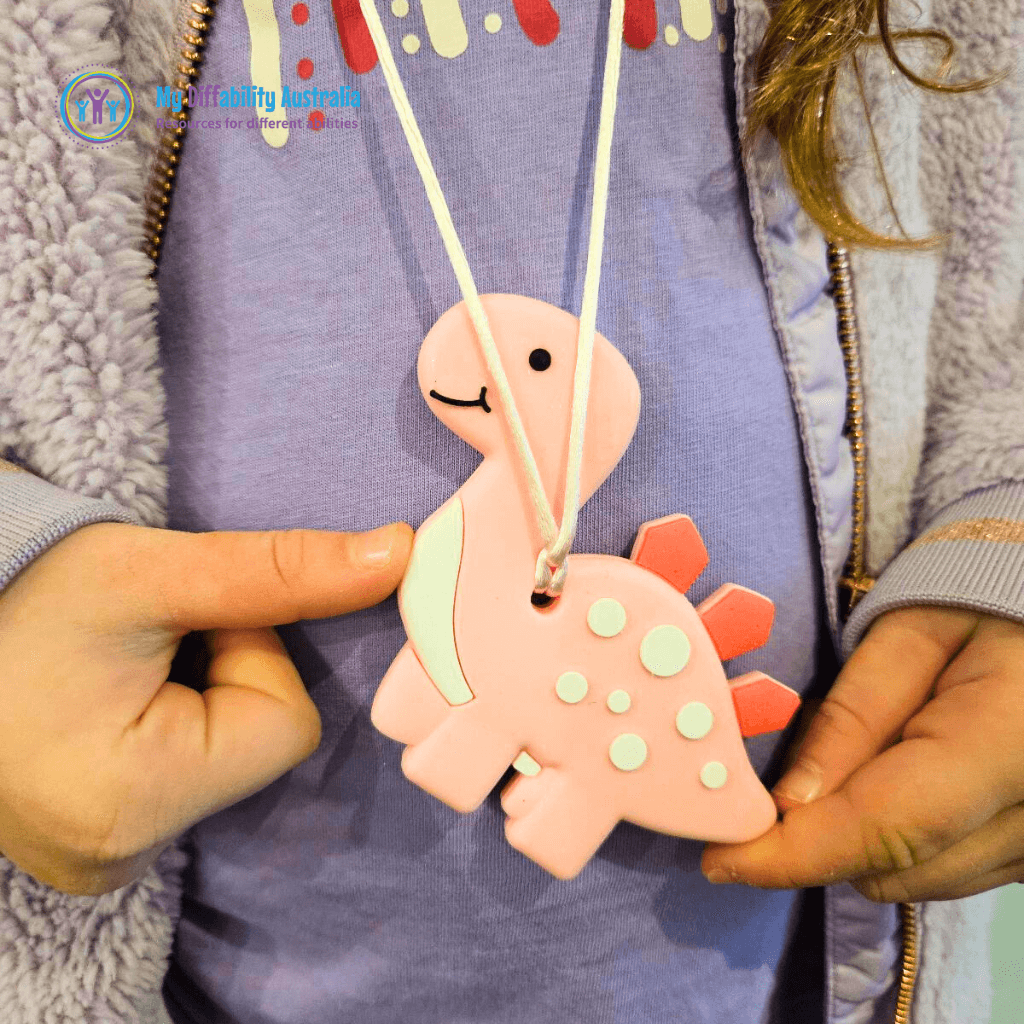2026 is set to be a big year in our household, with my eldest daughter set to start ‘big school’. We call it Prep or Foundation here in Melbourne. I’m drawing on my experience as a paediatric speech pathologist to tailor an individualised plan to support the transition and make it as smooth as possible for my little one (and for myself, as a first-time school mum). Since many of you likely also have kids going through this transition now or in the future, I thought I’d share my story in the hope that it may give you some ideas for your little people too.
Big School, Big Feelings: Why Starting School is a Huge Milestone
Emotional Firsts (For Kids and Parents)
I am a Speechie and mum of 3, but this is the first time I am sending one of my kiddos off to school. She is a very sensitive soul, and we still often struggle with drop offs at kinder now in term 4. Needless to say, I am feeling all the feels as I try to imagine how this is going to work, how we are are going to say goodbye at the gate, how she’s going to go for FIVE FULL DAYS… all of the hows. Then there are all the concerns about picking the right school, what if she gets bullied, will she make friends, you know how it goes. I can only imagine how big her feelings must feel when I am agonising over so many things as a fully grown adult!
Understanding the Build-Up to the Big Day
What I’ve noticed in my daughter is that she is very excited about big school, and the idea of growing up and being a big kid. Despite this, I know that she can simultaneously feel both very excited and very, very overwhelmed. She can be really into something, but still feel anxious and daunted by the prospect of the unknown. As the day grows closer the nerves creep up, and the unstructured long holiday break doesn’t help much either.
What I’ve Seen in My Clinical Practice (Speech Pathology)
As a Speechie I’ve supported many, many kids and families with the transition from kinder to school over the years. One thing I have noticed is that no two situations are the same. No two kids are the same. No two schools, no two families, no two transitions. The journey looks so different from one child and family to the next. I have found however that preparation and forwarding planning are key elements of a successful transition program. Collaboration and communication are also vital. The more shared understandings and expectations amongst a support team, the smoother the transition and start to school is likely to be.
My personal journey as a mum: preparing my daughter for school
Using Visuals, Routines & Role Play to improve understanding and predictability & reduce anxiety
As I mentioned, my daughter is a sensitive soul and definitely seems to have anxietyattimes as well as a tendency to become overwhelmed. Typically we see these behaviours come out at home in her safe space, and she holds things together pretty well outside of the home (although drop offs are notoriously difficult). I know that she benefits hugely from predictability and familiarity, so I’ve using what I know about her as well as my Speechie tool kit to help prepare her as much as I can for the change.
Thankfully I have to say the school so far has been faultless (no small feat, as I can be somewhat of a tough critic!) They focus a lot on transition and the preps all have 6 orientation sessions throughout term 4 to help them get used to being at school, getting dropped off, and more. The school have communicated really clearly what is happening each session and we were advised of the dates well in advance. All of these things have helped me tremendously in preparing my daughter.
The key strategies I’m using to support her transition are:
- Visual schedules & calendars
- Social stories
- Role-playing & practice
- Rewards & positive reinforcement
- Talking through scenarios
- Sensory-friendly uniform adaptations
Practical Tools and Strategies We’re Using at Home (That You Can Too!)
Visual Schedules & Calendars
Visual strategiesare powerful instruments to support kids with understanding change, predictability, reducing anxiety, increasing independence and so much more. We’ve been using a fortnightly magnetic visual schedule at home to outline the daily activities and what’s coming up for a few months now. My daughter has responded so well to it, and even said to me “thank you for my calendar mummy, it helps me so much” 🥹 This has worked really well into the transition to school period, as we can schedule in her orientation days and any other school related upcoming events.

In addition to the fortnightly schedule, I will soon be introducing a calendar as well. This is to help us get through the long stretch of end of year holidays, which will also involve lots of different out of routine activities and changes. She will be finishing kinder, having different days at day care, starting school part-time then moving to full-time by around March. She is asking a lot of questions about when all this is happening like “how many sleeps til big school”, so it will help her to have a visual calendar that we can refer to to make some of these abstract time concepts more concrete.
Social Stories About School Routines
Social stories can be helpful to lay out new routines, activities and ideas in a visual way. They can be read over and over to really help to solidify the concepts. They are another visual strategy that support kids with understanding, learning new skills, reducing anxiety and lots more. We will be writing social stories about various things like what to expect in a typical school day, which playgrounds and toilets are for preps, specialist programs like library and art, and all those sorts of new and exciting things there are to learn about when starting school. Ill be visiting the school’s website to use any photos they have online that might help to add detail to the stories. These days some schools even have things like video walk-throughs (these came about a lot during covid) so these can be a great thing for kids to watch to continue to familiarise themselves with the school setting.
Therapist tip:
Some schools might even have pre-prepared social stories to support transitioning students. Reach out to them directly if you think this might help your child.
Role Playing with Toys and / or Siblings; Building Independence Through practice and play
My kids love to role play and pretend, so we’ve been using this as a way of providing additional preparation for my daughter’s orientation days. The school have been really thorough and communicative with us through the school app, so we’ve been able to role play the routine before it happens on the day. For example, this week we had to do our first orientation session where it was a quick drop off and the kids were left without parents. We were both nervous about this, so we enjoyed practising what would happen. The routine was we would arrive, the teacher would call out your name, you would say a quick goodbye, give a kiss and a cuddle, then you’d line up with your classmates.

We practiced this at home with teddies and dolls, and little sister as the teacher. This made it a really fun way to introduce the routine and my daughters both loved pretending to be at school drop off. I’m relieved to say that the session went exceedingly well and I think we were both surprised at how smoothly it went, without a tear in sight.
Therapist Tip:
Role playing teachers and kids is a fun way to practice routine things like going to collect your pencils and book, time for fruit snack, collect your lunch box and come back to the floor, or let's sit for a book. You can even take turns being the student and teacher.
Special Rewards and Positive Reinforcement
To help provide a little bit more motivation and positive reinforcement, I’ve been using rewards on our visual schedule following big events. For example, after this week’s big first transition without parents, I took my daughter to the movies. This was a big deal because we NEVER get to go to the movies since she has 2 younger siblings. We put this on our schedule and talked about it in the lead up to the day. It became a bit more of a focus than the orientation session in itself, which was good because it took the pressure off and gave her something to look forward to.

Talking through scenarios
My daughter learns a lot through asking questions and talking through scenarios. She goes away and thinks about things then comes out with the most surprising questions days or weeks later. I’m focusing on creating space and regular opportunities for her to ask questions about school and talk about any feelings she has about it. Recently for example, she asked me “what happens if I want to go to the toilet?” Little things like this might seem really insignificant to us, but they’re all little details that add up to one big unpredictable situation so the more we can prepare them for the little things, the easier the big thing will be.
Sensory-Friendly School Uniform Prep
Tags and certain “scratchy” fabrics are a no-go in my daughter’s wardrobe. From about 3 she’s been grabbing the scissors and trying to cut off any labels as soon as she finds them in any piece of clothing. Everything needs to be tumble dried and there are certain textures she simply cannot tolerate. We will be making sure her uniform is sensory-friendly before starting school, but trying everything on, cutting off all the labels, washing a few times and softening fabrics until she feels comfortable and happy in her uniform.
From Clinic to Home: Our Top Tips for a Smooth Transition
- Prepare, prepare, prepare. You (and your child!) can never be too prepared
- Use visuals to support understanding and reduce anxiety
- Introduce new ideas and change over time, and with plenty of warning
- Focus on the positive aspects of big school and try to make it an exciting change to look forward to, rather than something that is scary or overwhelming
- Consider sensory aspects if your child is sensitive (e.g. uniforms, headphones if sensitive to noises)
- Use rewards and positive reinforcement for small wins
- Communication is key. Between you and your child, as well as you and the school
When to Seek Extra Support from Allied Health Professionals
It is to be expected that all kids will experience a certain level of anxiety around the move to big school. For some though, it may extend beyond what may be considered a manageable range. For other kids, developmental delays or other conditions may impact the ease in which the transition to school can take place. For kids who need that little bit of extra support, we find it’s always helpful to consider support from an Allied Health professional with experience supporting kids and families with transitioning from kinder to school. They can assist with individualised strategies, reports if required, attending meetings with school teams, and more.
Final Thoughts: One Mum, One Kid, One Big Step
With term 4 now drawing to a close, I’m happy to report that it’s mostly so-far-so-good on our end. My daughter has had two fairly successful transition sessions so far, with one more next week and three more before the year’s end.
This stuff is hard though. Despite all my experience, training and knowledge, it can never prepare you for what it’s like in real life as a parent. Transitions are still big and often messy.
If you’re anything like me, you need to stop and remind yourself more often that you’re doing your best (and in fact, you’re probably actually doing an amazing job)!





Leave a comment (all fields required)